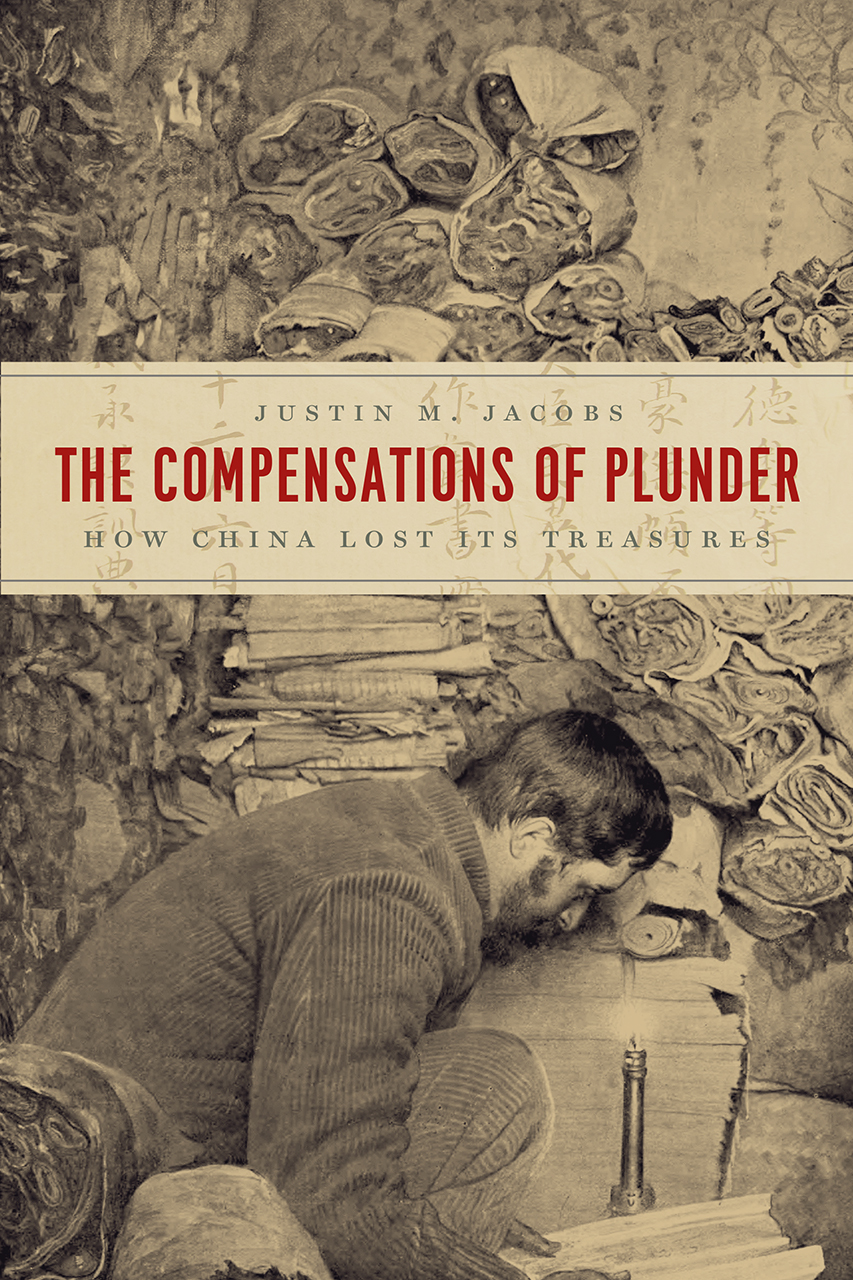From the 1790s until World War I, Western museums filled their shelves with art and antiquities from around the world. These objects are now widely regarded as stolen from their countries of origin and demands for their repatriation grow louder by the day. In The Compensations of Plunder, Justin M. Jacobs brings to light the historical context of the exodus of cultural treasures from northwestern China. Based on a close analysis of previously neglected archives in English, French, and Chinese, Jacobs finds that many local elites in China acquiesced to the removal of art and antiquities abroad, understanding their trade as currency for a cosmopolitan elite. In the decades after the 1911 Revolution, however, these antiquities went from being “diplomatic capital” to disputed icons of the emerging nation-state. A new generation of Chinese scholars began to criminalize the prior activities of archaeologists, erasing all memory of the pragmatic barter relationship that once existed in China. Recovering the voices of those local officials, scholars, and laborers who shaped the global trade in antiquities, The Compensations of Plunder brings historical grounding to a highly contentious topic in modern Chinese history and informs heated debates over cultural restitution throughout the world.
https://press.uchicago.edu/ucp/books/book/chicago/C/bo51205021.html
Author
Justin M. Jacobs is associate professor of history at American University. He is the author of Indiana Jones in History and Xinjiang and the Modern Chinese State. He also serves as editor of The Silk Road journal and hosts Beyond Huaxia, a podcast on East Asian history.
Review
“Jacobs tells the story of how the cultural relics of northwest China were collected, dispersed, and sometimes destroyed, in a new and refreshingly non-judgmental way. Drawing on insights from literature on similar processes in the ailing Ottoman Empire as well as on primary sources in English, French, and Chinese, he narrates this story in granular detail and with a keen sense of the motives of the individual actors on both the Western and Chinese side of the story. Clearly the result of a very meticulously researched project, The Compensations of Plunder is a well-crafted and tremendously enjoyable read.” Pär Cassel, University of Michigan
"In this study of a highly disputed period of Chinese history, Jacobs attempts to uncover the motives of the local elites, intermediaries and archaeologists involved." Apollo

